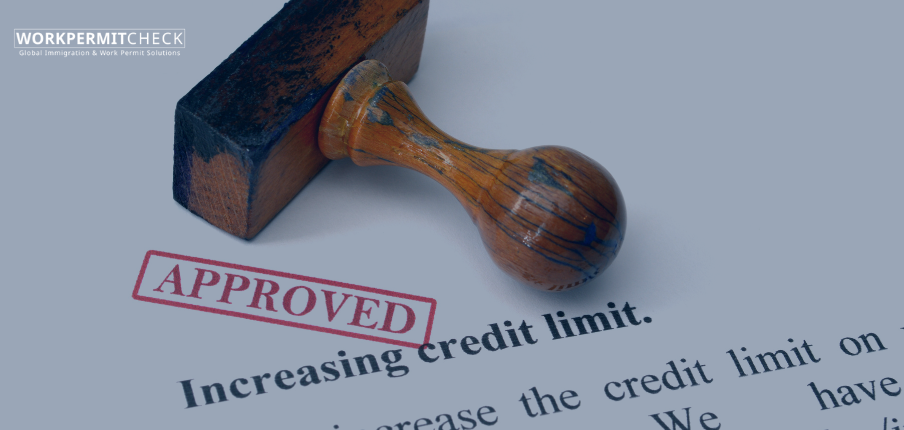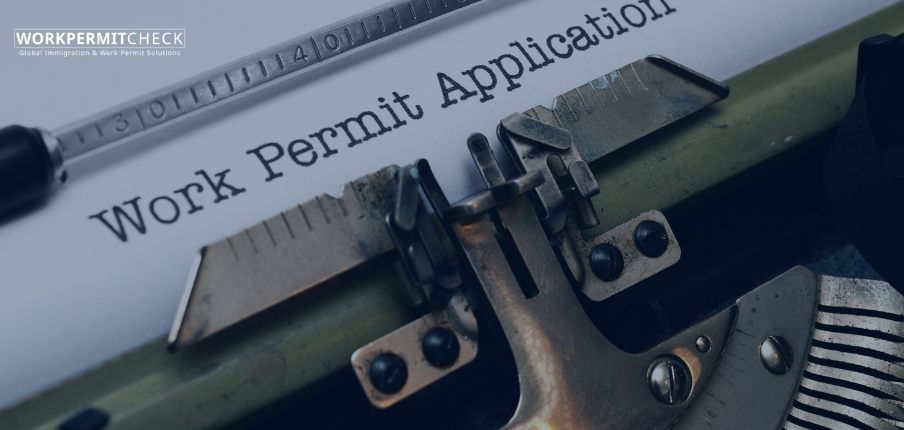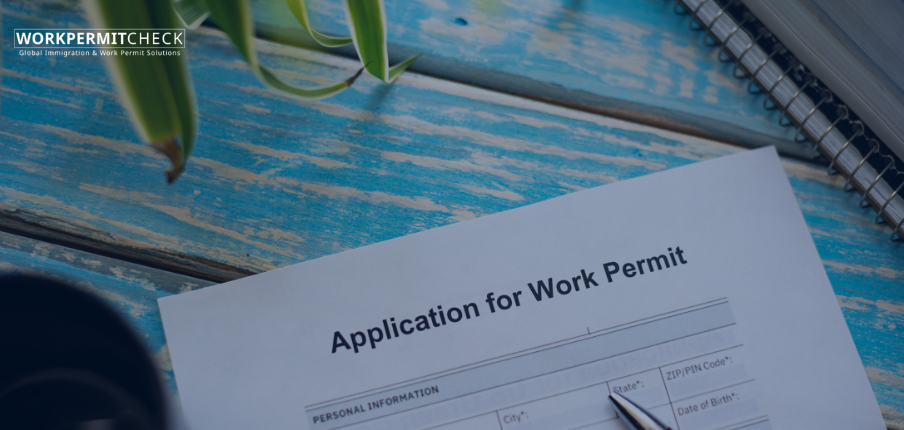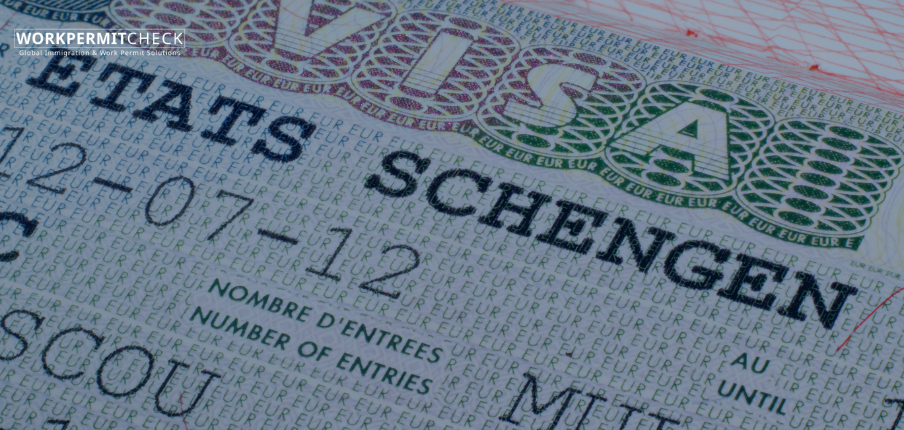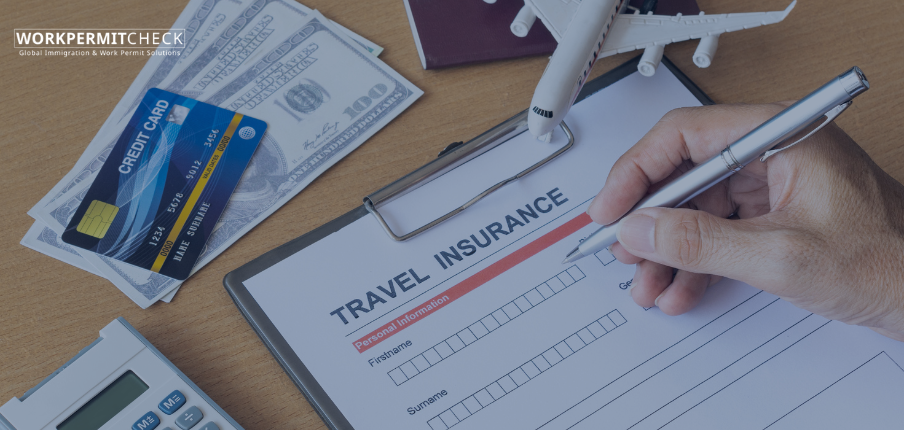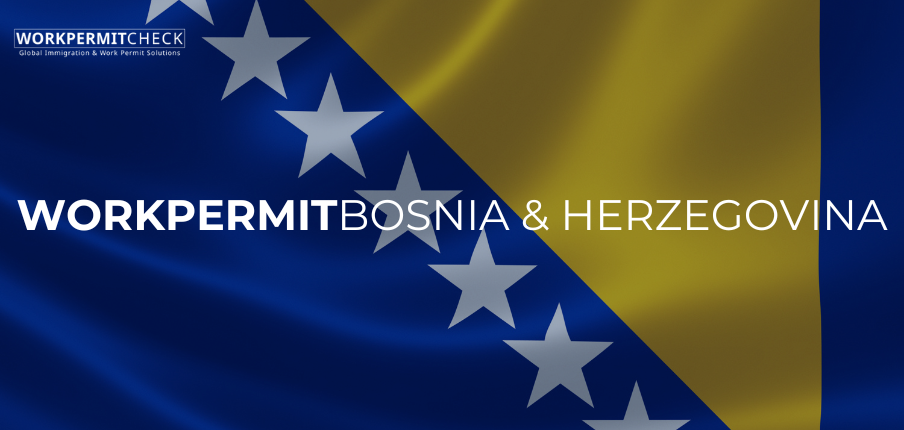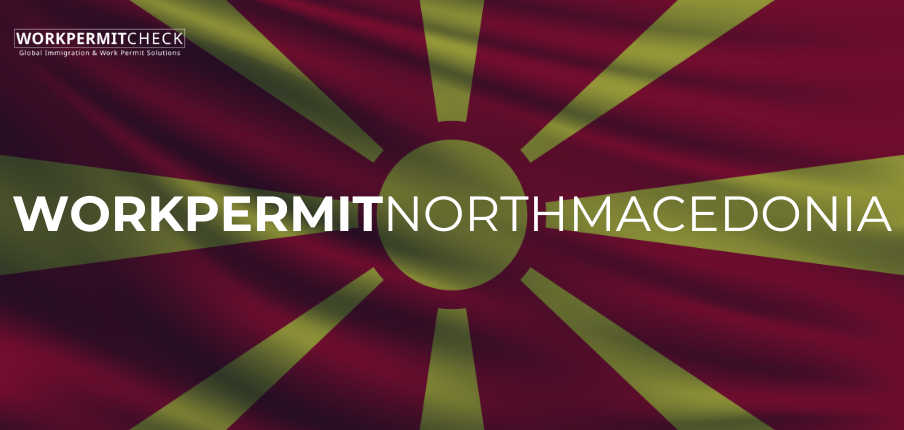Work permits are essential documents for foreigners seeking employment abroad. Yet, despite their importance, they’re often misunderstood. Misinformation and half-truths can lead to costly mistakes, unnecessary delays, and even visa denials.
In this post, we’ll bust the top 10 most common myths about work permits—so you can plan your international career with confidence and clarity.
1. Myth: You Can Apply for a Work Permit Without a Job Offer
Truth:
In most countries, a work permit is directly linked to a specific job and employer. You usually cannot apply for a work permit unless you already have a formal job offer or contract.
Exceptions may exist for open work permits (like in Canada) or self-employment visas, but even those often require proof of income, skills, or business plans.
2. Myth: All Work Permits Allow You to Work in Any Job
Truth:
Most work permits are employer-specific and job-specific. You can’t simply switch jobs or sectors without notifying authorities or applying for a new permit.
For instance, if you're approved as a software engineer for Company A, you can’t suddenly start working as a graphic designer for Company B without changing your status.
3. Myth: Once You Get a Work Permit, You’re Guaranteed Entry
Truth:
A work permit or visa does not guarantee entry into a country. Immigration officers at the border can still deny entry if something seems amiss—like incorrect documentation, missing health insurance, or suspicion of false representation.
Always have supporting documents ready at the point of entry.
4. Myth: You Can Freely Work in Any EU Country with an EU Work Permit
Truth:
An EU work permit—like the EU Blue Card—is not valid across all EU countries without conditions. It is typically tied to the country that issued it, and moving to another EU country requires a new application, albeit under simplified rules.
There is no “one-permit-fits-all” across the EU.
5. Myth: A Work Permit Automatically Includes Your Spouse and Family
Truth:
Many countries allow dependent family members to accompany you, but that doesn’t always mean your spouse can work. In some countries, they must apply for a separate work authorization.
Always check if the dependent visa includes the right to work or if additional steps are needed.
6. Myth: You Can Start Working Immediately After Applying
Truth:
Submitting an application does not authorize you to begin working. You must wait for approval before starting employment.
Starting work early can lead to legal penalties, fines for the employer, or even deportation.
7. Myth: Work Permits Are Always Long-Term
Truth:
Many work permits are temporary, valid only for 1 to 3 years. Long-term or permanent residency must often be applied for separately after fulfilling certain conditions.
Even some “permanent-sounding” permits have strict renewal or continuation requirements.
8. Myth: Freelancers and Digital Nomads Don’t Need Work Permits
Truth:
Even if you’re working remotely, if you're earning income while residing in a foreign country, you may be legally required to obtain the right permit—be it a digital nomad visa, freelance permit, or self-employment authorization.
Assuming you’re exempt can lead to immigration violations.
9. Myth: Work Permits Are Easy to Get If You’re Highly Skilled
Truth:
While highly skilled applicants have an advantage, work permits still involve strict documentation, labor market tests, and government approvals.
Having qualifications helps, but nothing is guaranteed. Many applications are rejected for paperwork errors, unmet salary thresholds, or missing documentation.
10. Myth: Once You Get a Work Permit, You’re Safe from Deportation
Truth:
Work permits are conditional. Violating the terms—such as losing your job, overstaying, or working illegally—can result in permit cancellation and deportation.
Always keep your paperwork updated, inform immigration authorities of major changes, and abide by the conditions of your stay.
Final Thoughts
Work permits are powerful tools for international employment, but they come with conditions, responsibilities, and country-specific regulations. Don’t let myths shape your decisions—always check official sources or consult an immigration expert before making major moves.
By understanding what work permits can and can’t do, you’ll avoid missteps and make smarter, safer decisions for your career abroad.
April 18, 2025

